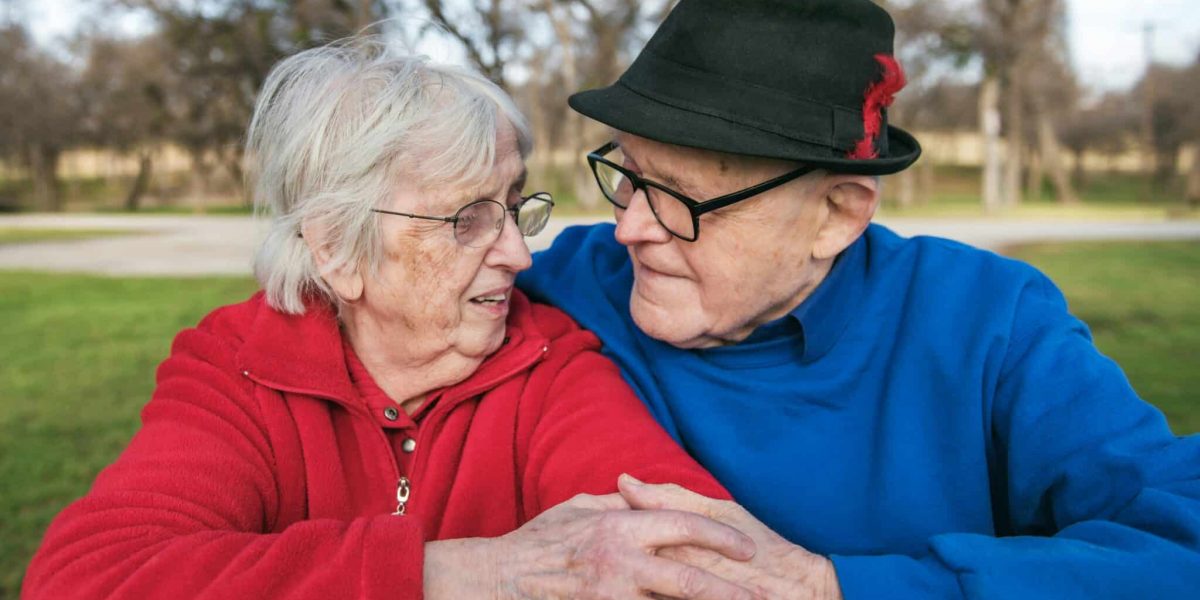How Can Physical Health Be Maintained in Older Age?
Maintaining physical health is crucial for independence in older age. Regular exercise plays a significant role in promoting mobility and strength. Activities such as walking, swimming, and yoga can improve cardiovascular health, increase muscle strength, and enhance flexibility. It is essential for older adults to engage in exercises that are appropriate for their fitness level and health condition.
A balanced diet is equally important. Nutrient-rich foods such as fruits, vegetables, lean proteins, and whole grains provide the essential vitamins and minerals needed for overall health. Adequate hydration is also vital, as older adults are at a higher risk of dehydration. Monitoring portion sizes and meal frequency can help maintain a healthy weight and prevent chronic diseases such as diabetes and heart disease.
Regular check-ups with healthcare professionals are important for early detection and management of health conditions. Vaccinations, screenings, and managing medications can prevent serious health issues. It is also beneficial to have an open line of communication with healthcare providers to discuss any concerns or changes in health.
What Role Does Mental Health Play in Independence?
Mental health is a critical aspect of maintaining independence in older age. Engaging in activities that stimulate the mind can help prevent cognitive decline and maintain mental sharpness. Reading, solving puzzles, and playing strategic games are excellent ways to keep the brain active.
Social interaction is another key factor. Regular social activities with family, friends, or community groups can help reduce feelings of loneliness and isolation. Participating in clubs, volunteering, or attending social events can provide a sense of purpose and belonging.
Practicing mindfulness and stress-reduction techniques such as meditation, deep breathing exercises, and yoga can help manage stress and improve emotional well-being. It is important to address any symptoms of depression or anxiety with a healthcare professional, as mental health conditions can significantly impact overall quality of life.
How Can Safety and Adaptability Enhance Independence?
Ensuring a safe living environment is crucial for maintaining independence. Simple modifications at home can significantly reduce the risk of falls and injuries. Installing grab bars in bathrooms, improving lighting, and removing tripping hazards such as loose rugs can create a safer space.
Using assistive devices can also enhance independence. Tools such as canes, walkers, and hearing aids can help with mobility and daily activities. It is important to choose devices that are suited to individual needs and receive proper training on their use.
Technology can be a valuable ally in maintaining independence. Wearable devices that monitor health conditions, emergency response systems, and home automation tools can provide an extra layer of security and convenience. Staying informed about new technologies and how they can be integrated into daily life can empower older adults to live more independently.
Maintaining social connections and seeking support when needed are essential. Building a network of family, friends, and community resources can provide assistance and companionship. Local senior centers, community organizations, and social services can offer various programs and support systems tailored to the needs of older adults.
The Importance of Continuous Learning and Engagement
Lifelong learning and continuous engagement in new activities can have a profound impact on overall well-being. Enrolling in courses, workshops, or learning new hobbies can keep the mind engaged and foster a sense of achievement. Community colleges and online platforms offer a variety of learning opportunities accessible to all.
Engaging in creative activities such as painting, music, or crafting can provide an outlet for expression and relaxation. These activities can be therapeutic and contribute to emotional health. Joining local art classes or community groups can also enhance social interactions and provide a platform for sharing skills and experiences.
Physical activity can be more enjoyable when it involves social components. Group exercises, dance classes, or walking clubs can make staying active more fun and provide opportunities to meet new people. This combination of physical and social activity can significantly enhance the quality of life.
Traveling and exploring new places, when feasible, can also provide mental stimulation and joy. Planning trips with friends or joining travel groups designed for older adults can make these experiences more accessible and enjoyable. Even local outings or day trips can add variety and excitement to daily routines.
Fostering a positive attitude and embracing change can help navigate the transitions that come with aging. Staying flexible and open to new experiences can lead to a fulfilling and independent life in older age.
By focusing on physical health, mental well-being, safety, and continuous engagement, older adults can maintain their independence and enjoy a high quality of life. These strategies are essential for navigating the challenges of aging and thriving in later years.







